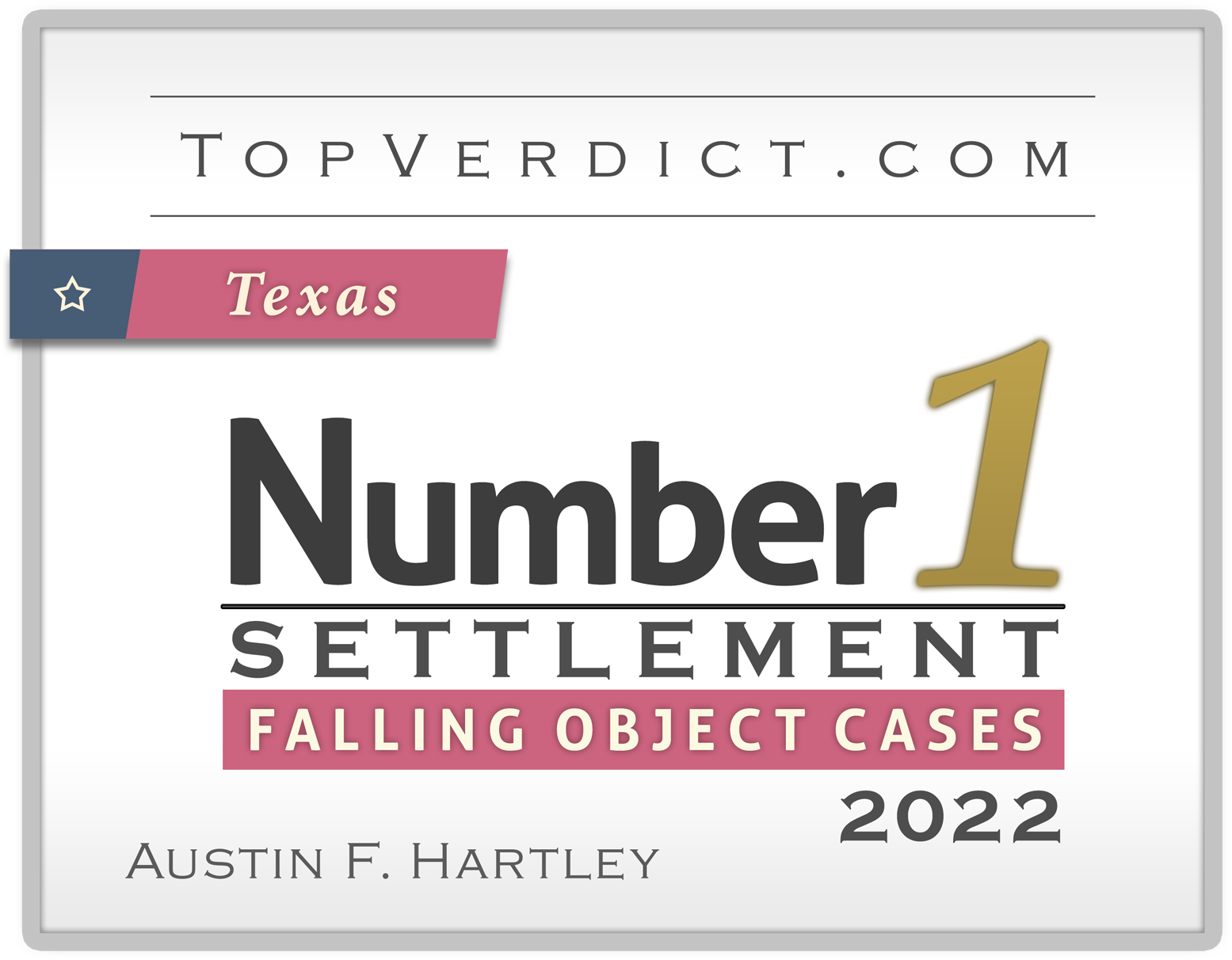Understanding Assumption of Risk in Personal Injury Cases

When someone suffers injuries that were caused by someone else’s negligence, they can pursue compensation through a personal injury lawsuit. This may allow them to address the costs of medical treatment needed following an injury, as well as income lost while recovering, impairment to earning capacity because of a permanent disability, and physical and emotional pain and suffering.
However, in some cases, a person or company may claim that they were not responsible for a victim’s injuries because the victim knew about or should have been aware of the risks of being injured. To address this issue, injury victims will need to understand how the laws in Texas address the assumption of risk, and they can work with an experienced attorney to ensure that those who were responsible for their injuries are held liable for the damages they have suffered.
If you have suffered from a personal injury Hartley Law Firm can help. Contact us today.
How Does Texas Law Address Assumption of Risk?
Typically, assumption of risk falls into one of two categories:
- Implied assumption of risk – In some cases, a defendant will claim that a person should have been aware of the risks they faced when engaging in certain activities, and because of this, the defendant may claim that they are not liable for a person’s injuries. For example, an amusement park may state that a person should have been aware of the risks of riding on a roller coaster, and the park may not be liable for injuries that a person sustained because they were subjected to gravitational forces during the normal operation of a ride. However, if a ride had not been properly maintained, and a part came loose and struck a person on the head, this would not have been a foreseeable risk that the person should have been prepared for, so an implied assumption of risk would not apply.
- Express assumption of risk – In some cases, a person may have signed a contract or liability waiver stating that they were aware of the risks of engaging in certain activities. For example, a business that operates a trampoline park may require patrons to sign liability waivers stating that the business is not responsible for injuries that may occur when people are using its equipment. While these waivers may cover injuries that are foreseeable, such as twisted ankles, they would not apply in cases where injuries are caused by the negligence of the business or its employees. For example, if a trampoline is broken, causing a person to fall and break their leg, the victim may be able to hold the business liable for this injury, even if they had signed a liability waiver.
The Texas Supreme Court has addressed the issue of assumption of risk, and in the case of Austin v. Kroger Tex., L.P., it stated that the affirmative defense of assumption of risk no longer exists in Texas law. This generally applies to situations involving implied assumption of risk; express or contractual assumption of risk may still be used as a defense against liability.
In cases where a person may have been aware of risks or where a defendant claims that a plaintiff was partially responsible for an injury, Texas’ “proportionate responsibility” statute will apply. This law states that a person can only recover damages if they were 50 percent at fault for an injury or less. If, during a personal injury lawsuit, a jury determines that a person was partially at fault for their own injuries, any damages they can recover will be reduced by their percentage of fault.
Contact Our Carrollton Personal Injury Lawyer
Assumption of risk may play a role in certain types of personal injury cases, including premises liability lawsuits in which a business or property owner claims that a person knew about potential hazards. At Hartley Law Firm, we can help you address this issue and ensure that you will be able to hold a defendant liable for injuries that were caused by their negligence. To learn more about how we can help you recover compensation from a person who caused your injuries, contact our Carrollton, TX personal injury attorney at 469-289-6063 and arrange a complimentary consultation today.
Sources:
https://www.law.cornell.edu/wex/assumption_of_risk
https://casetext.com/case/austin-v-kroger-tex-lp-4
https://statutes.capitol.texas.gov/Docs/CP/htm/CP.33.htm










